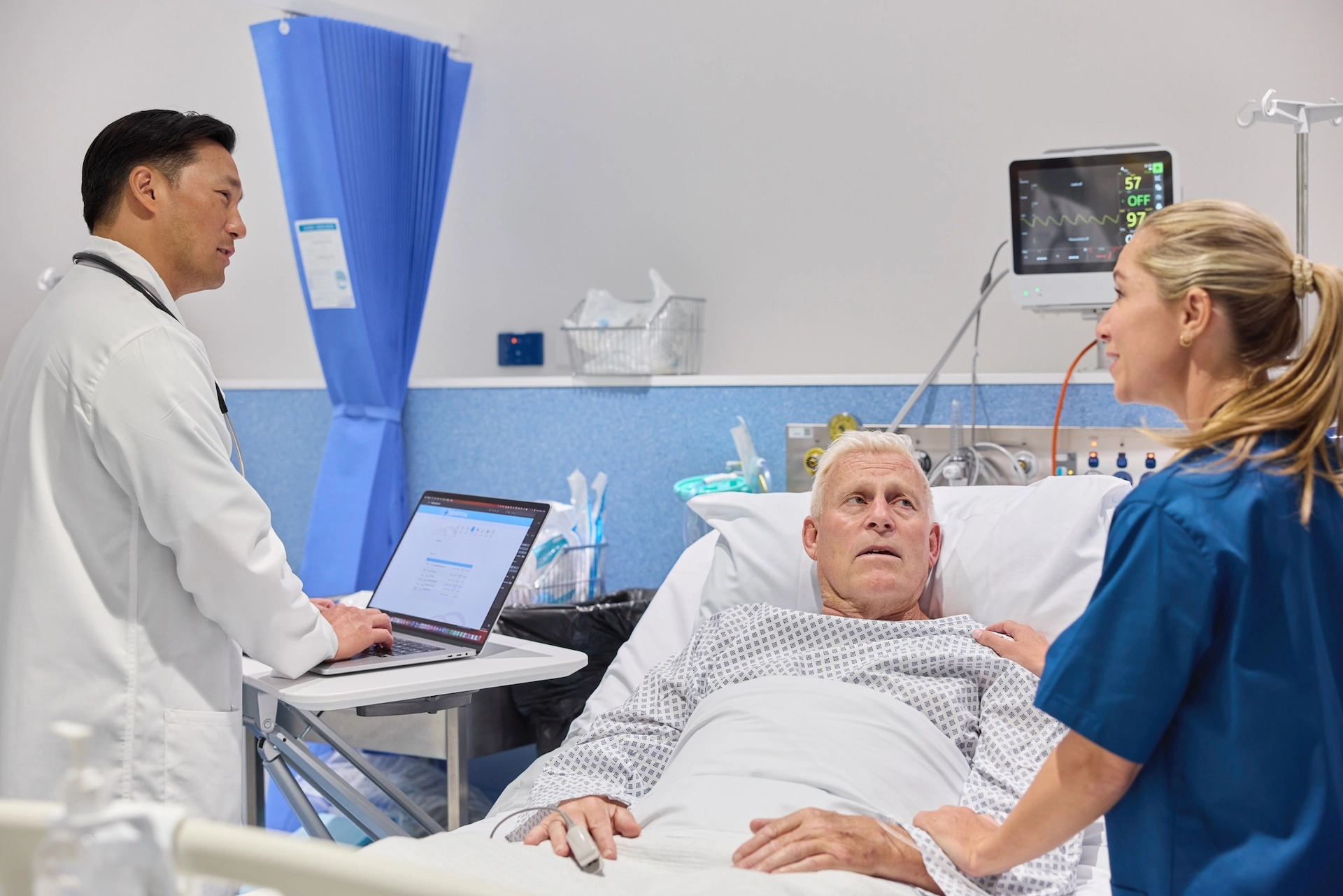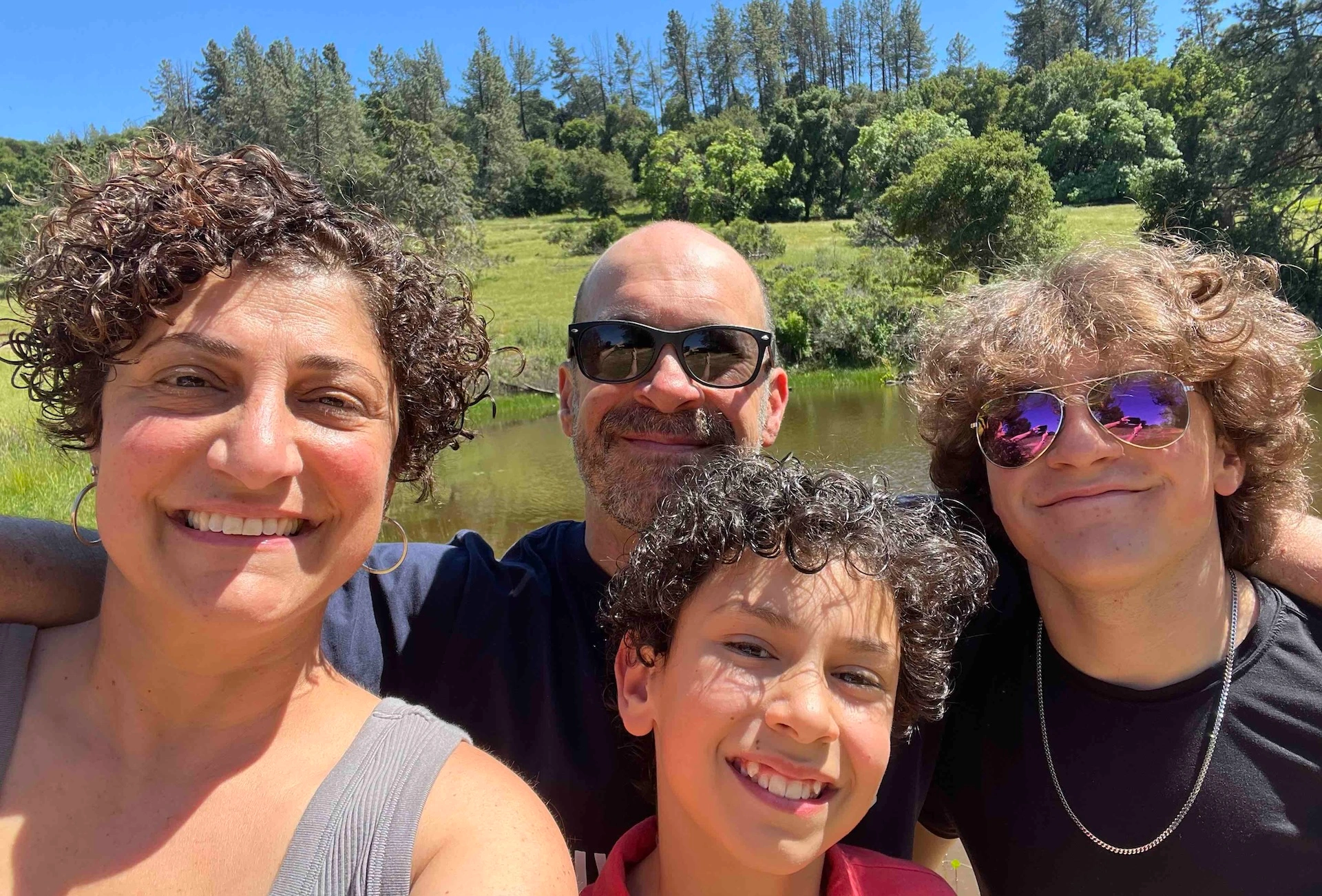Kaiser Permanente physician and DOR adjunct investigator is a leader in emergency medicine research
After earning his medical degree from the University of California, Davis, and completing his residency in Seattle, David Vinson, MD, began to interview for positions in Sacramento as an emergency medicine physician. He deliberately chose not to apply to any academic medical centers. “I knew that an academic career wasn’t for me,” he said.

But — as Vinson would soon find out — it absolutely was. Today Vinson’s CV boasts, in part, that he is an adjunct investigator at the Division of Research (DOR), has been the research chair at the Kaiser Permanente Roseville Medical Center for over 15 years, and was one of 6 physicians selected for the inaugural class of the DOR Physician-Researcher Program in 2017. He has first-authored or co-authored more than 200 research papers.
We spoke with Vinson about life as an accidental researcher.
What initially brought you to Kaiser Permanente?
I wanted to join a medical group that provided top-notch patient care while also looking out for their physicians. I interviewed with the local emergency medicine groups. The decision was easy — The Permanente Medical Group was the best gig in town. I started in 1999, and I never looked back.
How did you ultimately say “yes” to research?
When I initially interviewed at Kaiser Permanente, Pankaj Patel, MD, who was then the chief of emergency medicine in Sacramento, was very interested in the research I had done during my residency. He believed there was an opportunity for me to build on my residency experience and he suggested that I could help develop a research branch in the department. I accepted the clinical job, but declined the research role, because I felt unqualified. But he pushed back, and he made the offer irresistible, providing a little admin time, an innovative first project, and the analytic help I needed. I’m indebted to Pankaj for seeing potential I failed to appreciate. It was serendipity at work, and it was life changing.
What was the catalyst for the creation of the KP Clinical Research on Emergency Services & Treatments (CREST) Network?
Dustin Ballard, MD, is an emergency medicine physician and DOR adjunct investigator. Like me, he had been dabbling in clinical research since residency. In 2008, Dustin recruited me, 2 other emergency medicine researchers, and DOR research scientist Mary Reed, DrPH, to launch CREST, which aims to improve clinical decision-making in emergency medicine.

CREST is headquartered at DOR, and our 15 clinician researchers conduct studies that use data collected from 21 emergency departments throughout KPNC. Working alongside bright, energetic colleagues with big ideas and skills different but complementary to my own has been fun, educational, and fruitful. One of CREST’s strengths is the value it places on pragmatic research. It’s great to help doctors improve their game by providing them clinical support tools to assist their bedside decision-making.
What advice do you have for folks starting their careers in medicine and medical research?
I’ve been fortunate to work with trainees all the way up the scale, from premed undergraduates to young faculty. They’re thrilled to serve as co-investigators on case reports and cohort studies and to present at national meetings. These experiences teach them not just how research is done, but also why it matters. One of the joys of my research career has been the opportunity to partner with enthusiastic students and residents.
If you’re new to research, my advice is to find an experienced mentor or team who can include you in a study. This allows you, as an apprentice, to participate in the process from study conception to publication. It’s less important what the study is about than who the study is with. After this hands-on training, you are much better positioned to pursue an idea of your own, provided you keep a mentor or two at your side. Curiosity, teamwork, good collaborators, generosity, a passion to improve patient care, and dogged persistence — these are some keys to research success.
What do you enjoy doing in your free time?
I like simple things: time with family and friends, fiction, jazz, exercising, and being outdoors.





Comments (0)